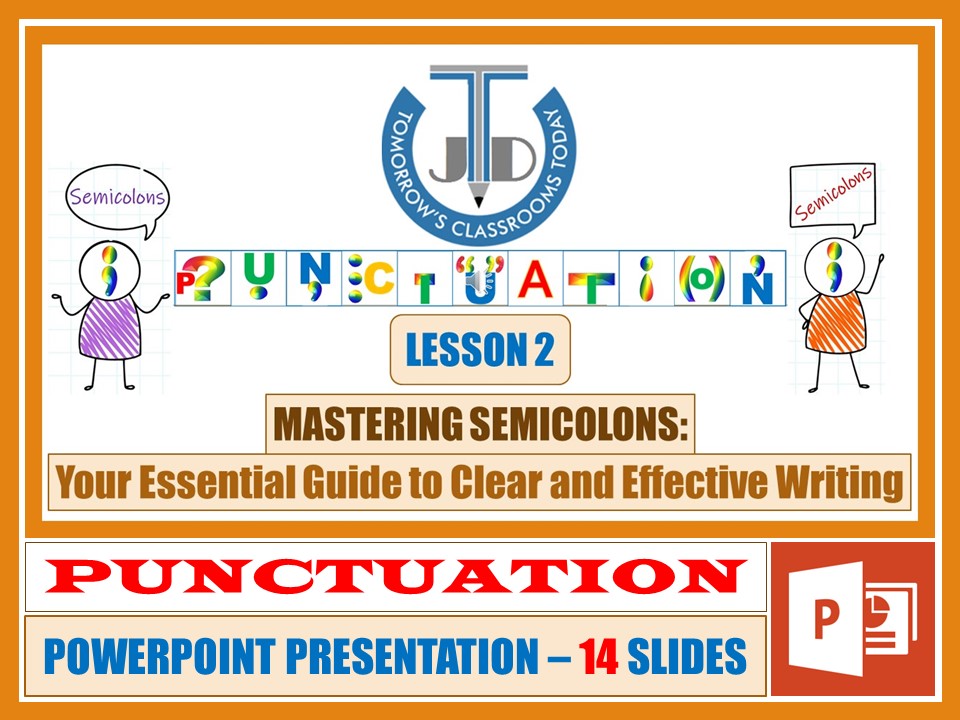JOHN'S EDU-MARKET
JOHN’S EDU MARKET stands out for its unique share of resources and information. Teachers can use these resources to support students as they include well-formulated lesson plans, carefully designed support material, and well-planned worksheets. This platform aims at bringing "Tomorrow's lessons to today's classroom, and today's lessons to a classroom now". The Teacher-Author of this platform is an English graduate, associated with Gems Education as a Subject Leader of English.






![Brackets | Round ( ) and Square [ ] | Punctuation](https://d1e4pidl3fu268.cloudfront.net/761824dc-8e34-4349-bb56-9504e208bce8/COVERTESPPT.jpg)














